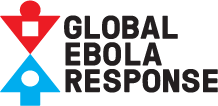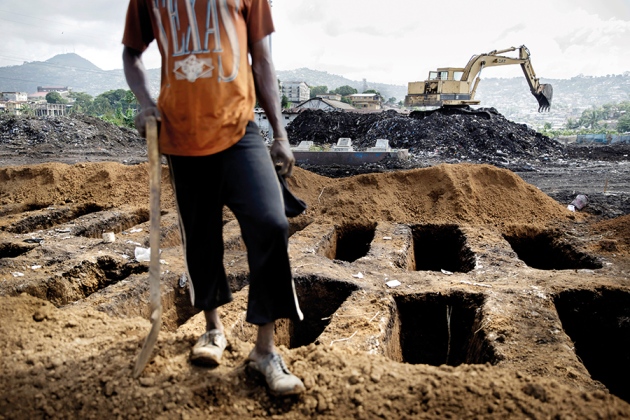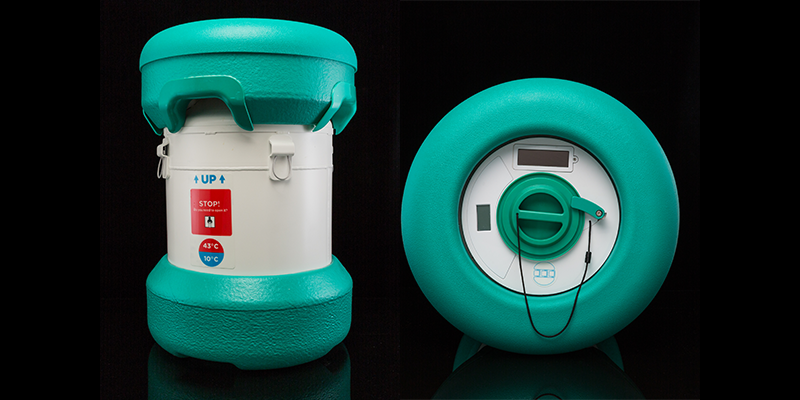You are here
Thu, 2013-07-04 12:32 — mdmcdonald
The Guinea Resilience System working group is focused on the development of Resilience Systems in Guinea.
The mission of the Guinea Resilience System working group is to develop Resilience Systems and their nested subsystems in Guinea.
Add Content to this group
Members
| Abdoulaye Drame | Aboubacar Conte | Anthony | Boubacar Kaba | Carrielaj | Chisina Kapungu |
| Elhadj Drame | Hadiatou Balde | Ismael Dioubate | John Wysham | Kathy Gilbeaux | Lancine Konate |
| Mamadou Diallo | Mamadou Moustap... | Mamadou Sylla | mdmcdonald | MDMcDonald_me_com | mike kraft |
| Norea | Souleymane Drame |
Email address for group
guinea-resilience-system@m.resiliencesystem.org






 Samples from the Ebola epidemic in West Africa are held by public-health agencies in the region and abroad. Daniel Berehulak/NYT/Redux/Eyevine
Samples from the Ebola epidemic in West Africa are held by public-health agencies in the region and abroad. Daniel Berehulak/NYT/Redux/Eyevine


Recent Comments